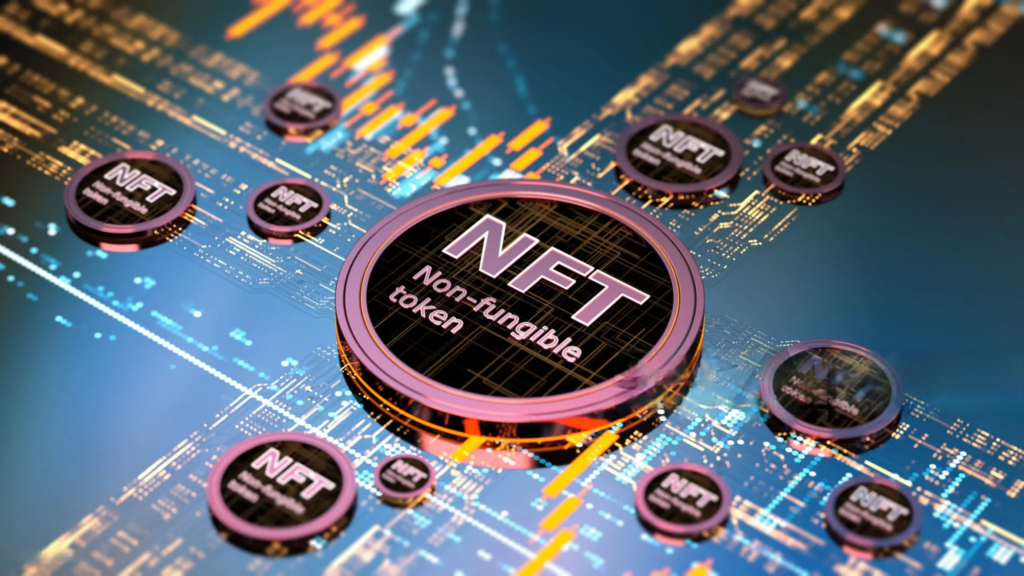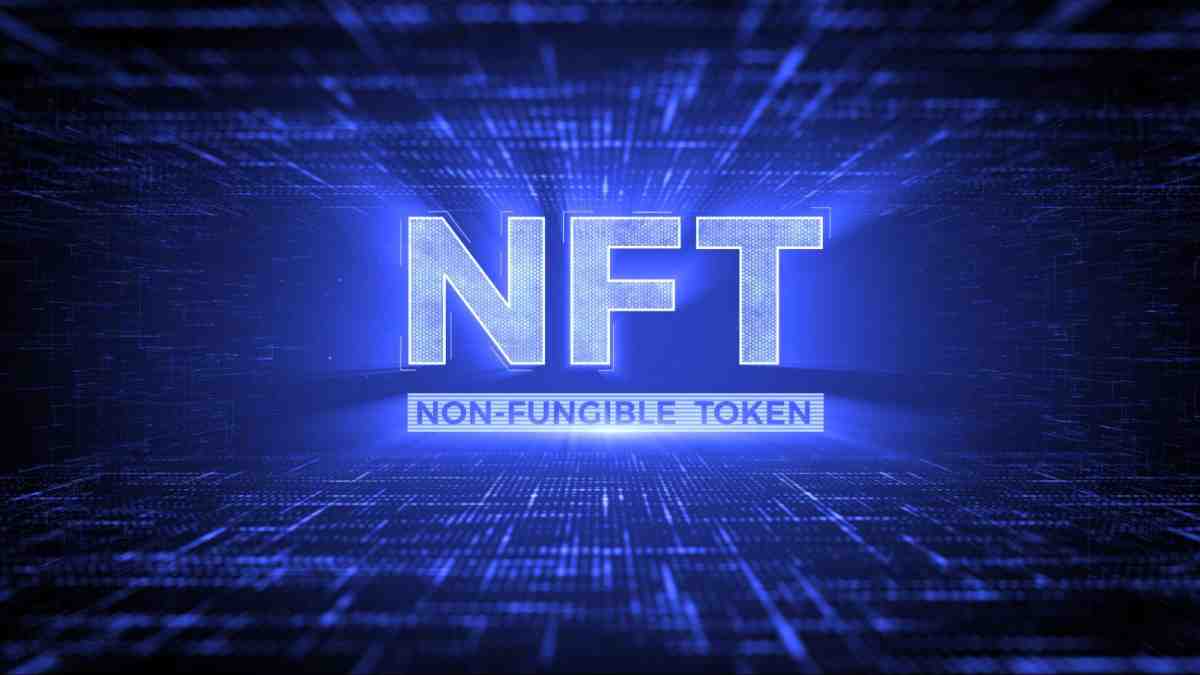
Should NFTs Be Part of Your Crypto Portfolio?
NFTs, or non-fungible tokens, have shifted from digital novelties to real assets in the crypto world. NFTs are seen as more than just art and music. They include virtual land and collectables. Many now view them as possible investments.
But how do NFTs fit into a well-rounded crypto portfolio? Are they a smart diversification tool, or are the risks too great? Whether you’re a crypto veteran or just building your first portfolio, understanding how NFTs can (or can’t) add value is essential.
This guide covers NFT investing. It will share strategies for diversifying your portfolio. Also, it will help you decide if NFTs fit into your crypto plan.
Why It Matters
The Rise of Digital Ownership
NFTs represent ownership of unique digital assets, made possible through blockchain technology. Unlike fungible assets like Bitcoin or Ethereum, NFTs are indivisible and distinct. This uniqueness has created new markets in art, music, gaming, and metaverse real estate.
With millions of dollars changing hands in NFT marketplaces like OpenSea, Blur, and Magic Eden, it’s clear that this is more than a passing trend. Investors and institutions alike are paying attention.
A New Dimension of Diversification
For crypto investors, diversification usually means balancing between coins, stablecoins, and DeFi strategies. NFTs introduce a new layer—an asset class with entirely different use cases, communities, and market drivers. Including NFTs in your portfolio could offer exposure to niche sectors not correlated to broader crypto markets.
Key Benefits

1. Access to Unique Investment Opportunities
NFTs open the door to investment opportunities that go beyond financial returns. Owning a rare digital collectable or land in a metaverse can give you early access to special content. You might also receive token airdrops or gain
For instance:
- Art NFTs can appreciate in value as creators gain popularity.
- Gaming NFTs (e.g., Axie Infinity assets or Otherside land) may generate yield or utility within ecosystems.
- Membership NFTs like PROOF Collective and VeeFriends offer real-world perks.
2. Early Exposure to Emerging Markets
Being early in crypto often means outsized returns. The NFT space—still relatively young—presents high-risk but potentially high-reward scenarios. Projects that build strong communities or offer unique value can grow in value over time.
3. Hedge Against Traditional Crypto Volatility
Because NFT valuations don’t always move in sync with tokens like ETH or BTC, they can offer a hedge against broader crypto market downturns. While this isn’t guaranteed, it does present the possibility of maintaining some value when coin prices are falling.
Additional Expert Tips & Common Mistakes to Avoid
Tips for Building an NFT Portfolio Strategy
Do Your Research—Beyond Hype
Before investing in any NFT project, study the fundamentals:
- Who is the creator or team behind the project?
- What utility or long-term vision does the NFT serve?
- Is there a strong and engaged community?
- What has the roadmap promised—and delivered?
A polished website and vibrant Twitter account don’t make a project credible. Look for transparency, consistent communication, and realistic goals.
Start Small and Diversify
Just as you wouldn’t put your entire crypto portfolio into a single altcoin, don’t go all-in on one NFT collection. Spread your exposure across various categories like art, gaming, metaverse, and collectables. This helps lower your overall risk.
Common Mistakes to Avoid
Buying Solely on Hype
It’s easy to get caught up in hype cycles. Many NFTs have skyrocketed in value only to crash weeks later. If you’re buying because “everyone else is,” you’re likely buying at the top.
Ignoring Liquidity Concerns
Unlike coins or tokens, NFTs can be hard to sell, especially in bear markets. Illiquidity is one of the biggest challenges in NFT investing. Even rare items may sit on the market without buyers for weeks or months.
Overlooking Platform Risk
NFTs exist on specific blockchains and platforms. If a project’s platform fails, or if a marketplace shuts down or loses user trust, your NFT may lose value or utility. Always consider the long-term viability of where the asset is hosted.
Advanced Insights and Expert Recommendations
Long-Term Utility Over Speculative Gains
While short-term NFT flipping can be profitable for some, most investors find more value in utility-based NFTs. These NFTs give access rights, future earnings, or links to digital services and metaverse platforms.
Projects worth watching in this space include:
- Ethereum Name Service (ENS) for decentralised domain ownership
- Decentraland and The Sandbox for virtual land with use cases
- Dynamic NFTs that evolve or change based on activity, engagement, or governance
Monitor Macro Trends
The NFT market doesn’t operate in a vacuum. Broader market conditions—like ETH gas fees, crypto regulation, or general sentiment—can impact the NFT space. Successful investors monitor these trends and adjust their positions accordingly.
Security Best Practices
As with any crypto investment, secure your NFTs with best practices:
- Use a hardware wallet for high-value NFTs
- Avoid connecting wallets to unknown or suspicious Apps
- Double-check contract addresses when buying or listing NFTs
Being careless with wallet permissions or signing transactions can cause you to lose your assets for good.
If you’re considering NFT investing:
- Start with projects that align with your interests and values
- Invest only what you can afford to lose
- Diversify across categories and platforms
- Stay informed and adaptable as the space continues to evolve
Is NFT Investing Right for You?

NFTs offer a unique and evolving opportunity within the crypto landscape. NFTs aren’t a sure thing, but they’re not just a gamble either. With the right strategy, caution, and research, they can diversify your crypto portfolio. They also add cultural value and may offer big returns.
However, they come with notable risks: high volatility, low liquidity, and speculative pricing. For some, NFTs serve as creative and community-driven assets that enhance their crypto exposure. For others, they may be too unpredictable.
NFTs might not fit into every crypto portfolio. But for those who engage actively and thoughtfully, they can add value to a wider investment strategy.